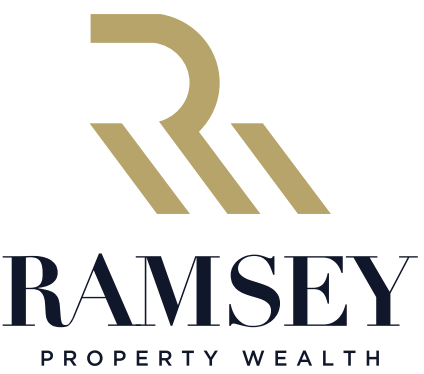Choosing a Fixed Vs Variable Home Loan: The Positives and Negatives
There are multiple stages in the property buying journey and it all starts with having the right home loan strategy from the very beginning and working with a Mortgage partner to consistently review this for the life of your loan.
Before you start on the fun part (house hunting!) it’s important to set a home loan strategy which takes into account your current situation and your future property/finance goals.
By working with a recommended, highly awarded professional Mortgage Advisor this will enable you to get free, personalised, professional advice and lending market comparisons on what’s right for you and your mortgage position that are genuinely in your best interest as opposed to going directly to your Bank and accessing just 1 lender with 1 product and limited oversight on a variety of other great banks and products that fit your needs better.
A question that appears within most of our Mortgage conversations with clients is advice on whether to fix your home loan or choose a variable option before we even visit other strategies like split loans and more. Here are some helpful Pro’s and Con’s when it comes to this decision.

Fixing your home loan
Pros:
- This strategy allows you to budget based on the fixed interest rate you are guaranteed to pay over the fixed loan period knowing this won't change at all, providing certainty in repayments.
- A fixed home loan also guarantees that your home loan rate will not go up, causing an inflation in interest you will pay.
Cons:
- The break costs or refinance penalties charged, should your circumstances change and you sell your house or decide to refinance later on, are a high cost if you choose a fixed rate option.
- You are limited on making additional loan repayments; and come tax time or when yearly bonuses are paid, having a fixed loan limits you paying down your home loan with most Lenders.
- Once the fixed term expires you will move straight onto a variable rate, whatever this is at the time and this could be a substantial difference to what you were used to paying on your previous fixed rate arrangement.
- If home loans reduce then you will not see the benefits of this as you are locked into a fixed rate arrangement.
Choosing a Variable home loan
Pros:
- The obvious one is that you have the ability, in a market that allows, to pay a reduced interest rate as the interest rate might go down.
- You have the flexibility, in most cases, to switch to a better deal avoiding minimal to no break costs or early release penalties.
- You likey have access to an option of having a redraw/offset facility attached to your mortgage, allowing you to pay off your home loan sooner.
- You are likely to have the flexibility to make additional payments to your home loan, enabling you to pay this off sooner and the ability to switch this loan to a fixed rate at any stage.
Cons:
- As per the above, this also means the opposite, if home loan rates go up, you will pay more interest on your home loan as you have chosen a variable option.
“Mortgage strategies are not a one size fits all approach as to whether each option is right or wrong, it comes down to each individual's financial situation and property wealth goals, and this can always be revisited, tweaked and optimised as life changes down the track…” our Director, Ewan Ramsey, has a firm stance on making sure that, whilst general advice is great, customised strategies are more beneficial as each customer is in a vastly different position and shares different goals when it comes to their mortgage and property ownership.
